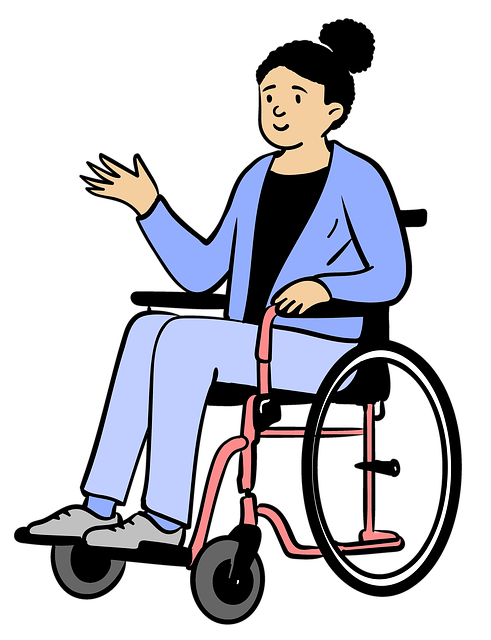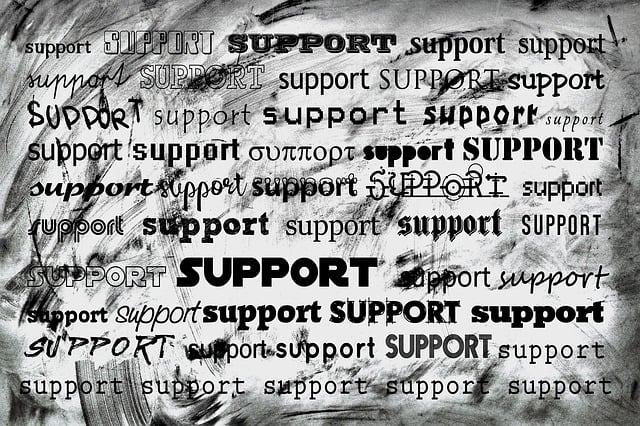In Oregon, individuals with severe mental illnesses or intellectual disabilities who pose a danger to themselves or others may face commitment cases. The process begins with a petition asserting the individual meets criteria for involuntary commitment. Oregon provides extensive legal resources, including commitment attorneys, to ensure fair handling and protect individual rights. Key support systems include free advice from organizations like Oregon Law Help (OLH), the 2-1-1 hotline, local bar associations, and dedicated mental health legal aid services. Attorneys specialize in navigating complex laws, offering emotional support, and advocating for positive outcomes. Accessing these Oregon legal resources commitment is vital to a just system balancing individual rights and public safety.
“In Oregon, understanding commitment cases involves grasping the nuances of mental health laws. This comprehensive guide delves into the state’s legal framework, exploring definitions and eligibility criteria for commitment proceedings. We provide insights on finding and engaging with legal support, highlighting key organizations and hotlines in Oregon. Discover the crucial role of commitment attorneys and learn how they assist individuals navigating these complex cases. Additionally, we offer step-by-step resources for accessing mental health legal help, along with information about advocacy groups dedicated to supporting Oregonians in commitment cases.”
- Understanding Commitment Cases in Oregon: Definitions and Eligibility
- Exploring Oregon's Legal Framework for Mental Health Commitments
- Finding and Engaging with Legal Support: Organizations and Hotlines
- The Role of Commitment Attorneys: What to Expect and How They Help
- Accessing Mental Health Legal Help: Steps and Resources for Residents
- Additional Assistance and Advocacy Groups in Oregon for Commitment Cases
Understanding Commitment Cases in Oregon: Definitions and Eligibility

In Oregon, a commitment case refers to legal proceedings that involve evaluating and confining individuals with severe mental illnesses or intellectual disabilities who pose a danger to themselves or others. These cases are governed by strict legal frameworks designed to balance public safety with the rights of those facing commitment. The process begins when a concerned party, often a family member or healthcare provider, files a petition with the court, asserting that an individual meets the criteria for involuntary commitment.
To be eligible for commitment in Oregon, individuals must demonstrate a substantial risk of physical harm to themselves or others due to a severe mental disorder. This includes conditions like schizophrenia, bipolar disorder, or other serious psychiatric illnesses. The state provides various legal resources and support systems for both the committed individual and their families, including access to commitment attorneys who can guide them through the complex legal process. Finding legal support in Oregon is crucial for ensuring that commitment cases are handled fairly and in accordance with the law.
Exploring Oregon's Legal Framework for Mental Health Commitments

Oregon’s legal framework for mental health commitments provides a structured approach to ensuring the rights of individuals while offering necessary support. The state has established clear guidelines and processes for voluntary and involuntary commitment procedures, offering a range of legal resources for those involved in such cases. Finding legal support in Oregon is facilitated through dedicated commitment attorneys who specialize in this area, making it easier for individuals and their families to navigate these complex proceedings.
Accessing commitment resources in Oregon involves understanding the legal rights and responsibilities outlined by the state’s laws. These laws ensure that everyone has the opportunity to seek help without compromising their autonomy. Legal assistance during commitments is crucial, offering guidance on procedural aspects, patient rights, and available treatment options. With proper legal support, individuals can make informed decisions while ensuring their mental health needs are addressed appropriately.
Finding and Engaging with Legal Support: Organizations and Hotlines

In Oregon, those navigating commitment cases—whether it’s for a loved one or themselves—can find crucial support through dedicated legal resources. The first step in this journey often involves finding and engaging with appropriate legal assistance. Organizations like the Oregon Law Help (OLH) offer free and confidential advice, serving as a valuable starting point for understanding one’s rights and options. Their comprehensive services cover various areas, including mental health commitments, guardianships, and conservatorships.
For immediate assistance, Oregon’s 2-1-1 hotline is a reliable resource. Trained professionals can connect individuals with the right legal help based on their specific needs. Additionally, local bar associations maintain referral services that facilitate the connection between those in need and qualified commitment attorneys. These networks ensure that Oregonians have access to skilled legal representation during challenging mental health or disability-related commitments.
The Role of Commitment Attorneys: What to Expect and How They Help

In Oregon, when navigating a commitment case—whether it’s related to mental health or substance use disorders—finding the right legal support is paramount. Commitment attorneys play a crucial role in this process, offering specialized knowledge and advocacy for individuals facing involuntary commitment. These attorneys are well-versed in Oregon’s legal framework regarding commitments, ensuring clients understand their rights and options. They guide clients through every step, from initial assessments to court appearances, providing clarity in what can often be a confusing and stressful situation.
A commitment attorney’s assistance extends beyond legal representation. They offer emotional support and help demystify the legal process, which is particularly important for those dealing with mental health issues. By accessing these legal resources, individuals in Oregon can expect to be treated fairly and have their best interests represented, ensuring a more positive outcome in their commitment cases. This legal support is vital in fostering a just system that respects both individual rights and public safety.
Accessing Mental Health Legal Help: Steps and Resources for Residents

In Oregon, residents facing commitment cases—whether it’s for a loved one or personal circumstances—can find crucial support through various legal resources dedicated to mental health. The first step is to identify trusted sources that offer specialized assistance. Many non-profit organizations and government agencies provide mental health legal help, ensuring individuals have the guidance needed during this challenging time.
One effective method to access commitment resources in Oregon is by reaching out to local Legal Aid Services, which often have attorneys specializing in mental health law. Additionally, state-funded legal programs and community-based organizations can offer pro bono services or sliding fee scales for those who need financial assistance. These steps ensure that residents can navigate their legal options with the necessary legal support Oregon provides, ultimately facilitating access to appropriate care.
Additional Assistance and Advocacy Groups in Oregon for Commitment Cases

In addition to court-appointed attorneys and public defenders, Oregon offers a network of advocacy groups and legal support services tailored to commitment cases. These organizations provide invaluable assistance for individuals facing mental health commitments, offering guidance on legal rights, navigating the complex system, and advocating for fair treatment. Finding legal support in Oregon for commitment cases isn’t difficult; numerous resources are available to help those who need it most.
For instance, local branches of national advocacy groups like the National Alliance on Mental Illness (NAMI) Oregon offer workshops, support groups, and one-on-one counseling to educate individuals about their rights during commitment proceedings. Additionally, legal aid organizations with a focus on mental health provide free or low-cost legal services, ensuring that everyone has access to representation. These advocacy groups not only empower individuals to understand and assert their legal rights but also work towards systemic changes to improve Oregon’s mental health legal help framework.
